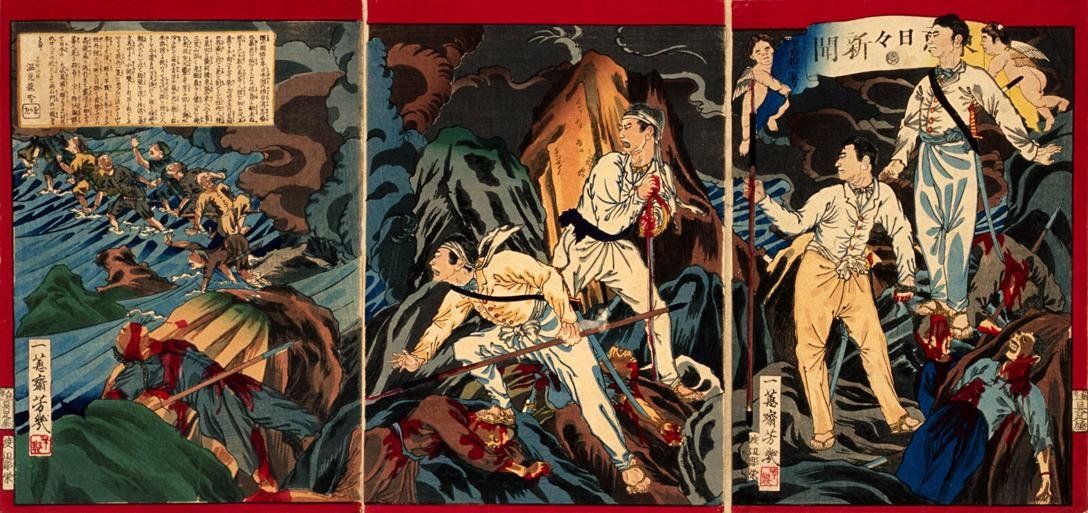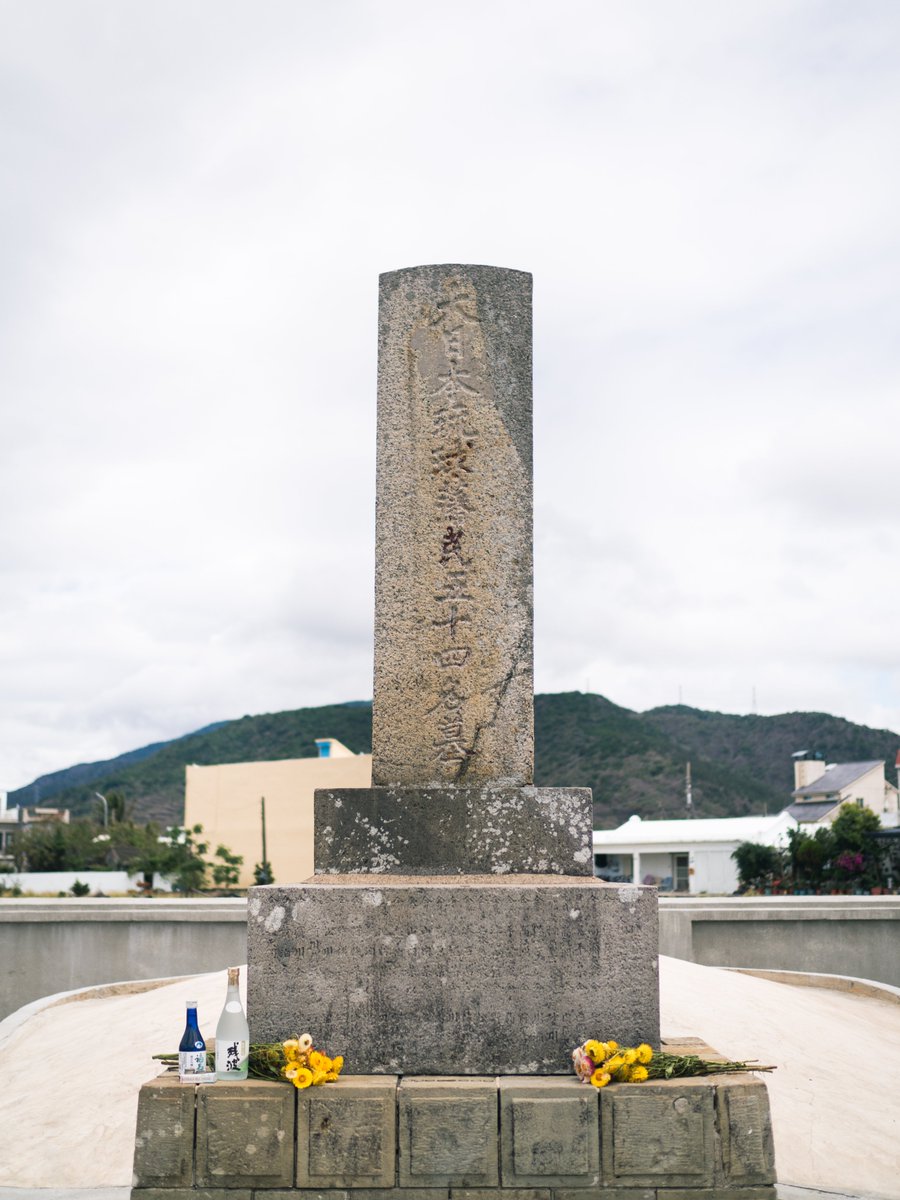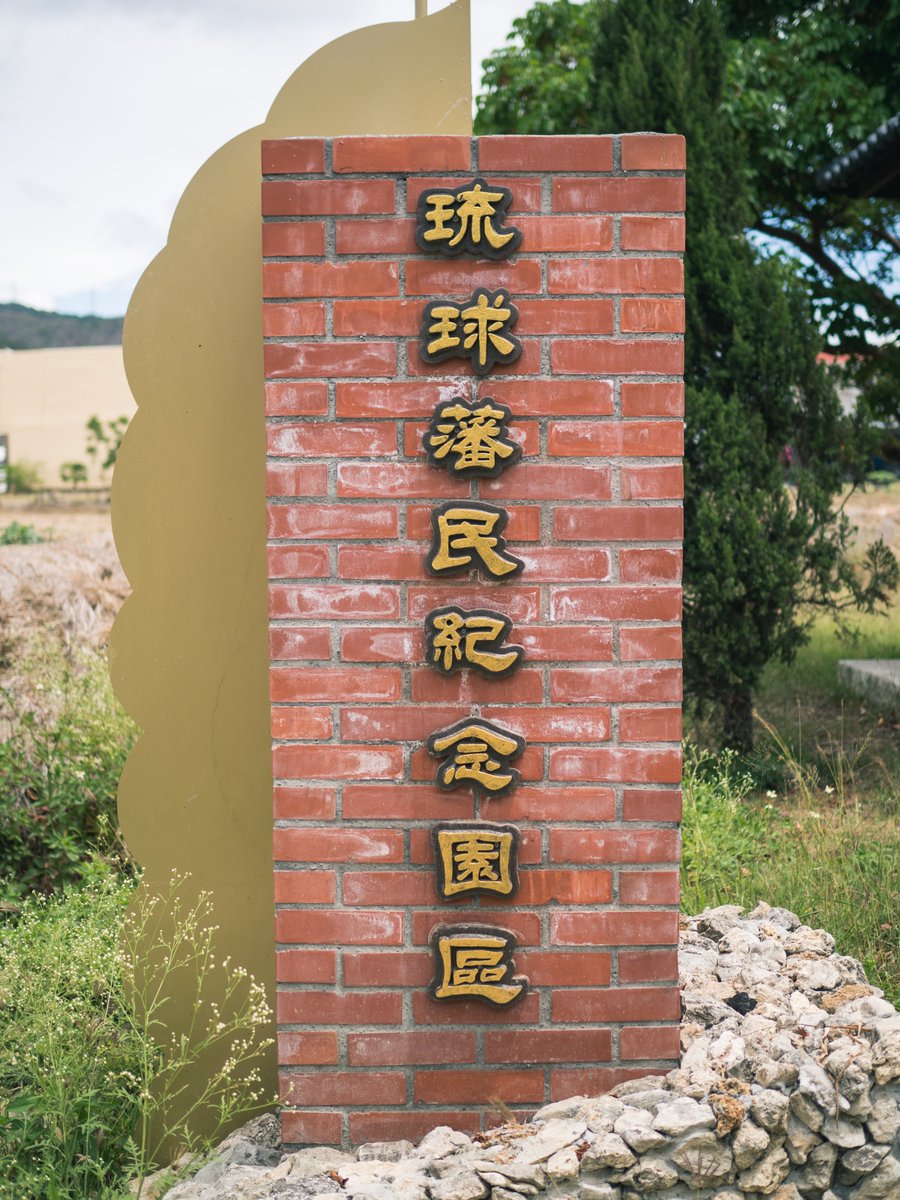As it is obvious that the #Taiwanisation of #ROC drastically accelerated recently, it is probably a good time to share some songs that reflects on the ever-changing #Taiwan Identity & imagine what constitutes a decolonised #TaiwanAnthem that could better represent the people.
1921: 'Taiwanese Cultural Association Theme Song' (臺灣文化協會會歌).
Written by Chiúⁿ Ūi-súi (蔣渭水), a leading figure in Taiwan's resistance movement at the time. It emphasises on the pan-Asian identity「我等都是亞細亞黃色的人種」
Written by Chiúⁿ Ūi-súi (蔣渭水), a leading figure in Taiwan's resistance movement at the time. It emphasises on the pan-Asian identity「我等都是亞細亞黃色的人種」
and a rather modern understanding of the difference between 'Nationality' (Japanese) and 'Ethnicity' (Han)「漢族血脈日本百姓」There is a history of Taiwanese making the distinction, because of the long historical mismatch between 'colonial nationality' and 'cultural affiliation'
2. After ROC took over #Taiwan, the 'White Terror' martial law period lasted for 38 years. Most entertainment that contains Japanese/Taiwanese elements or awareness was severely suppressed by the colonial regime. This is best depicted in 'Taiwan, Mother's Name' (母親ê名叫台灣).
It's the mountains, oceans, rivers, conscience, justice and hope of this island (as opposed to that of China) that people have a strong attachment to. And it really outlines the oppression of #Taiwanese people, not being able to call 'Mother' her own name.
3. '#Formosa' (美麗島): song was written in the 1970s, when campus folk songs with nativist sentiment have become popular in underground scenes. The song really embraces the ocean, free land, buffalo, rice, banana, and champaca as a part of its identity.
Yet it's controversial for different reasons. Some hardcore activists reject the song due to the #colonial nature of the language (hint: #Mandarin). Also, it does not recognise the indigenous people as it emphasises on the settlement & cultivation of the land「篳路藍縷以啟山林」.
This is comparable to the controversy surrounding Australia day, as the day also symbolises the start of the long deprivation and suffering of the Indigenous people. Or that of the #Australian national anthem as the land is not really 'young and free' for the traditional owners.
4. Another beautiful work is 羅大佑's 亞細亞的孤兒 'The Orphan of Asia'. There are a lot of subtle analogies that got under the radar of the ROC censorship. It shares the same title with the Japanese-Taiwanese novel アジアの孤児 written by 吳濁流.
Just like in the novel, the song explored the #Taiwanese identity of being oppressed and marginalised. The trauma caused by 'Red' China and the fear for ROC 'White Terror' is poetically put in one line:「黃色的臉孔有紅色的污泥,黑色的眼珠有白色的恐懼」.
And as most of the western nations switched recognition from ROC to PRC, there was a deep sense #Taiwan was being abandoned by the world. This melancholic sentiment is also depicted in 「西風在東方唱著悲傷的歌曲」「沒有人要和你玩平等的遊戲」
5. 台灣翠青 'Taiwan the Formosa': . The hymn-like song is written in Taiwanese pe̍h-ōe-jī by clergyman 鄭兒玉 (Tīⁿ Jî-gio̍k). This song has often been proposed to be the national anthem for a future of the Republic of #Taiwan.
The Pacific ocean is also an important part of this #Taiwanese identity. It follows along the line of how #Taiwan has long been oppressed by foreign regimes and is then able to build its own nation for #selfdetermination. 「早前受外邦統治,建國今在出頭天。」
The song values the constitutional foundation of a republic (共和國憲法的基礎), the equality of four major ethnic groups (四族群平等相協助), and the beliefs in universal human values and commonwealth.
6. There are many modern songs that manifest a strong #Taiwanese identity. But the most influential and well-known song in recent years, would definitely be 島嶼天光 'Island's Sunrise' . This is the unofficial anthem of the 2014's Sunflower Movement.
There is a lot of articles that go into detail on the #SunflowerMovement and 'Island's Sunrise'. But in short, the movement really shaped the political climate, civic technology and youth engagement in #Taiwan today. And the song played a critical role in the movement.
So I think I am quite done with my Saturday rant. Other songs I can think of: Goodnight Formosa, 自信勇敢咱的名, 海洋國家, 台灣 ()
Do share what you think might be some interesting songs on #Taiwanese #Identity and your thought on an ideal #TaiwanAnthem!
Do share what you think might be some interesting songs on #Taiwanese #Identity and your thought on an ideal #TaiwanAnthem!
• • •
Missing some Tweet in this thread? You can try to
force a refresh






















